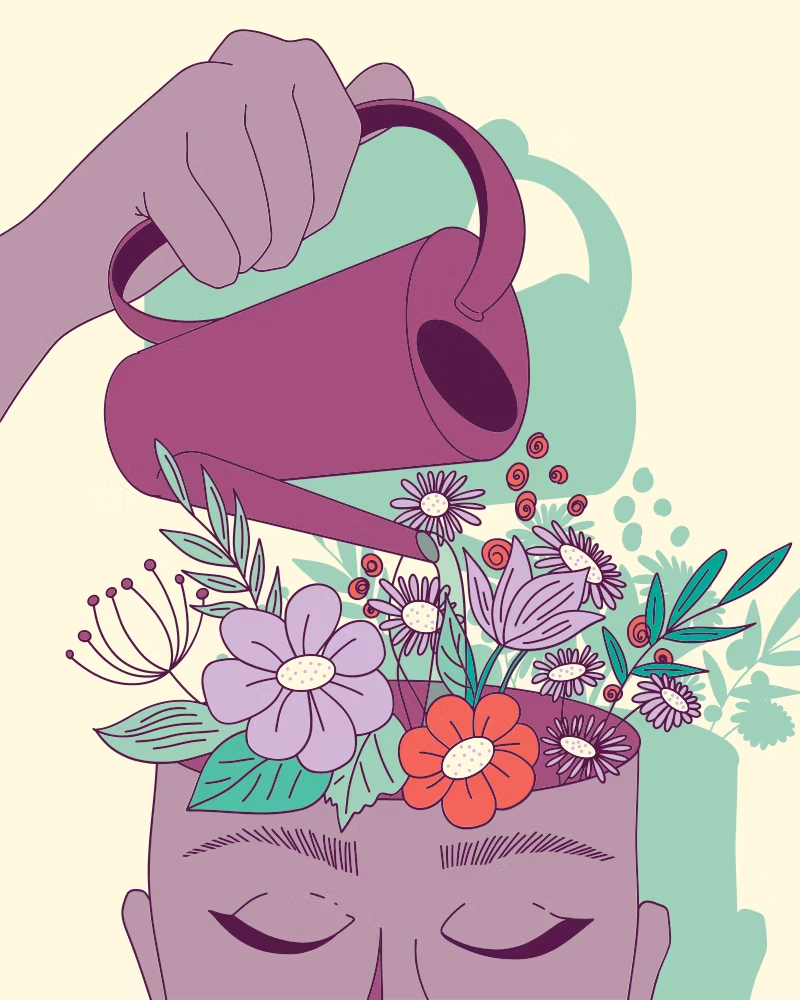What is Couples Therapy
Couples therapy can be a valuable tool for improving communication, resolving conflicts, and strengthening relationships. Whether you’re working through challenges or deciding the future of your partnership, therapy provides a neutral space to navigate these discussions. But how does it work, and what can you expect? Here’s what you need to know.
Many of us have heard various stories from friends and family about couples therapy (some stories helpful, and some not!). So, what exactly is the goal? Couples therapy is a structured approach where both partners meet with a licensed therapist to address issues in their relationship. The process often begins with an assessment of the couple’s communication patterns, emotional needs, and recurring problems. Sometimes the focus is a specific issue such as recovering from infidelity or some other type of betrayal. The therapist helps facilitate productive conversations, providing a neutral space where each partner can express their feelings, concerns, and desires without judgment. Through various therapeutic modalities and techniques, such as active listening, conflict resolution, and emotional validation, couples can learn how to interact more effectively, understand each other’s perspectives, and navigate disagreements in a healthier way.
"Sometimes the focus is a specific issue such as recovering from infidelity or some other type of betrayal."
For many couples, therapy offers a valuable opportunity to improve or resolve deep-seated issues that might otherwise lead to separation or divorce. It can be particularly important to try therapy before making a final decision about the future of the relationship because it provides the tools to rebuild trust, intimacy, and communication. Many relationship struggles, like misunderstandings or emotional distance, can be addressed through therapy, offering a chance to repair the bond before it completely deteriorates. Even if divorce is ultimately the best option, therapy can help couples part ways with greater understanding and less animosity. It can also help individuals gain clarity on what went wrong, which can be crucial for healing, moving forward, and avoiding dysfunctional patterns in future relationships.

How it Works
Couples therapy can feel both challenging and rewarding. At the start, it may be uncomfortable to open up about personal issues and vulnerabilities in front of a therapist and your partner. The therapist facilitates the conversation, guiding both partners to communicate openly, listen actively, and express their feelings without judgment. It’s common to experience some tension, especially when discussing difficult topics like past arguments or unmet needs.The therapist’s role, however, is to create a safe and neutral space for both individuals.
As the therapy progresses, many people start to feel more understood and supported. Learning new communication skills and conflict-resolution techniques can help reduce frustration and lead to healthier interactions. While the process can be emotional and require patience, it often brings moments of clarity, allowing couples to gain deeper insight into their relationship dynamics and, in some cases, reconnect with one another on a deeper level.
